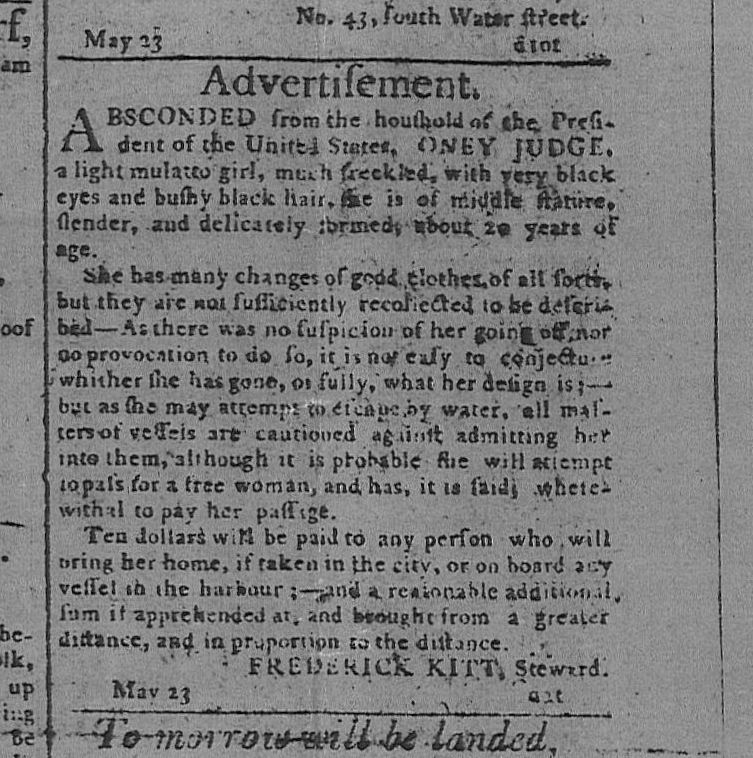The WSJ also has a review of Tony Smith’s Why Wilson Matters (a “painstaking, take-no-prisoners attack on those who believe that America’s historical experience can be duplicated everywhere”) and Giles Milton’s “Churchill’s Ministry of Ungentlemanly Warfare: The Mavericks Who Plotted Hitler’s Defeat” (a “rousing account of World War II’s most insidious and devious heroes”).
In the Chicago Tribune, Wendi C. Thomas reviews Elizabeth Dowling Taylor’s The Original Black Elite: Daniel Murray and the Story of a Forgotten Era, which “chronicles the colored aristocracy's brief taste of nearly equal citizenship in the nation's capital in the late 1880s.”
The Guardian features an article about American writers and fascism. In the NYRB, Gary Wills reviews ~7 histories of Jesuits and global politics.
The Nation features reviews of Wesley Lowery’s “They Can’t Kill Us All”: Ferguson, Baltimore, and a New Era in America’s Racial Justice Movement (link here), which “sets out not only to track the latest developments in Black Lives Matter, but also to search for the movement’s deeper roots,” and Gareth Stedman Jones’ Karl Marx: Greatness and Illusion, which “portrays a Marx who, as a creature of the public controversies and sectarian intrigues of his time, belongs to the past rather than the future, his thought a historical curiosity with little enduring explanatory power.” As we mentioned in the Weekend Roundup, The Nation also published this analysis of modern immigration policy and resistance to the fugitive slave act by Eric Foner.
Finally, the New Books Network has posted reviews of The Watchman in Pieces: Surveillance, Literature, and Liberal Personhood a “wide ranging, deeply researched, and compellingly argued” theory of surveillance that claims that “the ultimate target of all surveillance activity” is “the individual self”; Eve Rosenhaft and Robbie Aitken’s Black Germany: The Making and Unmaking of a Disapora Community, 1884-1960 ; and Michael Roth’s Convict Cowboys: The Untold History of the Texas Prison Rodeo.


